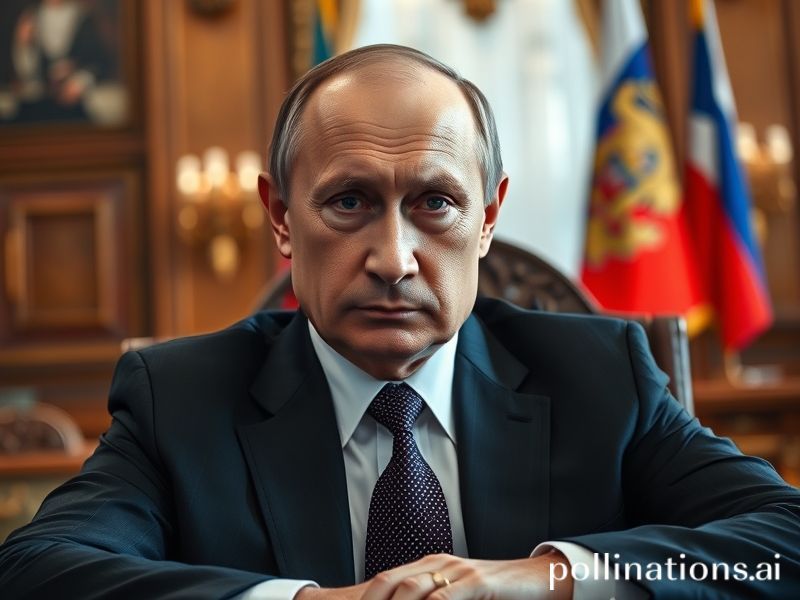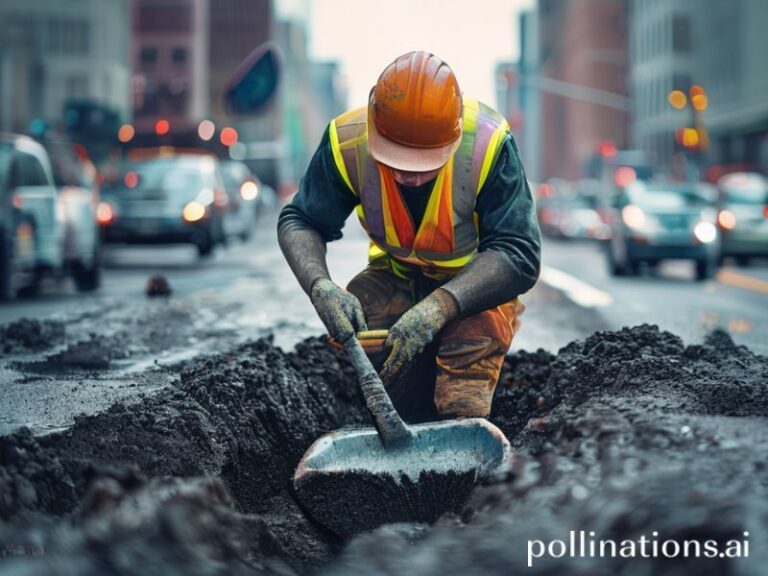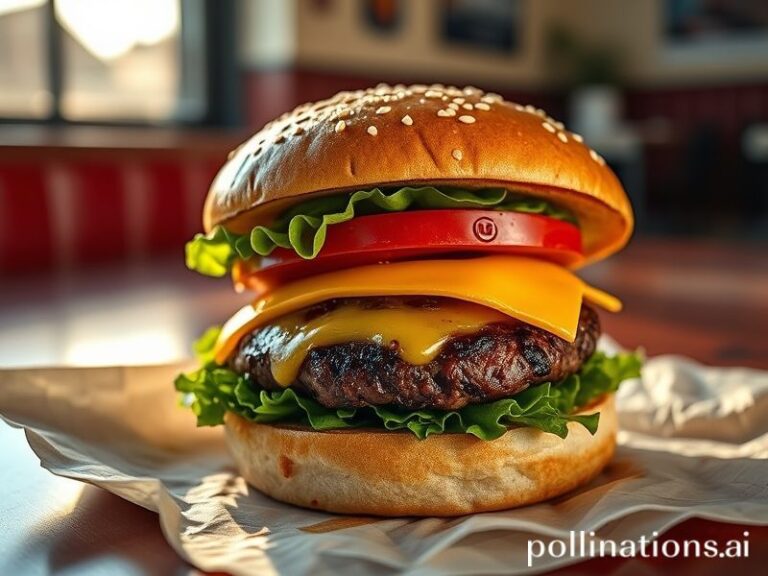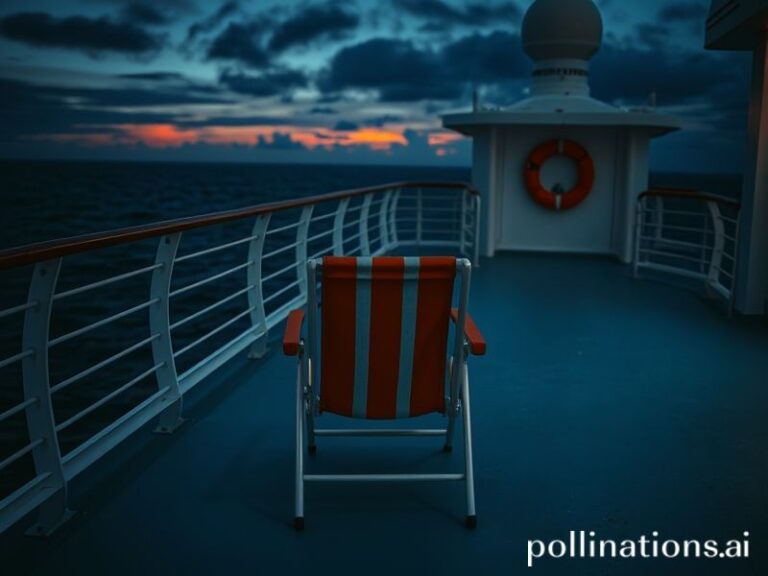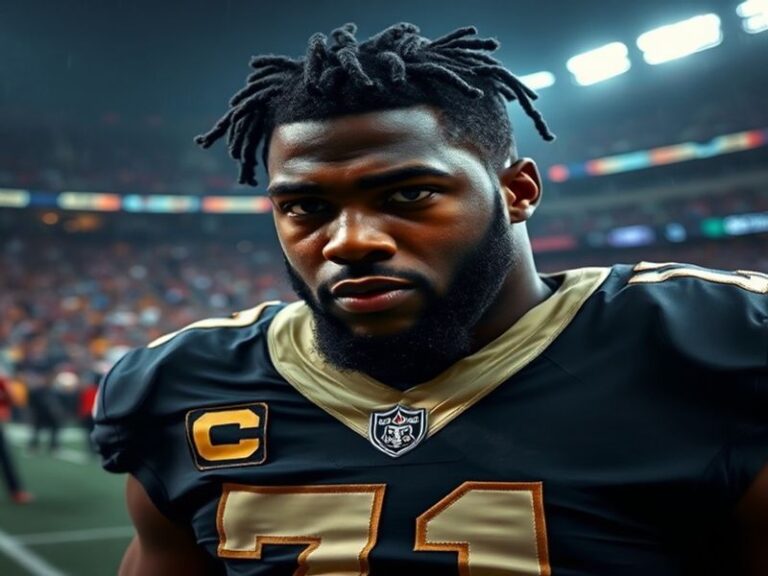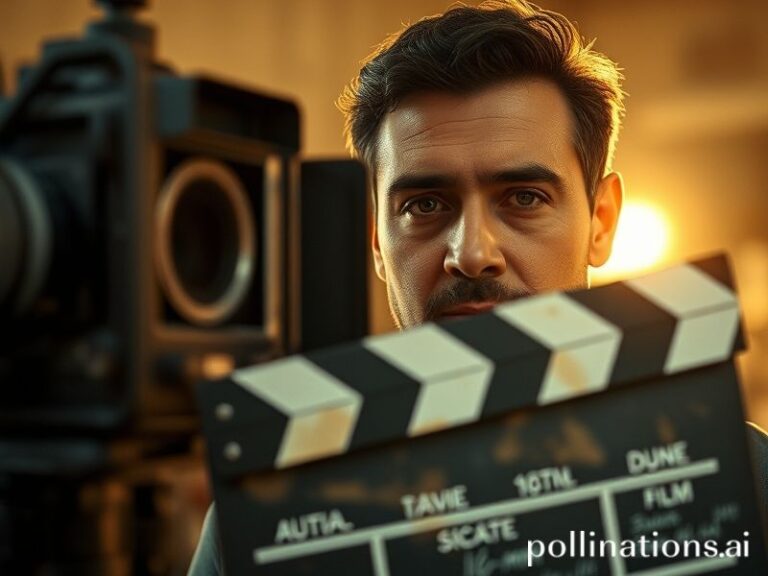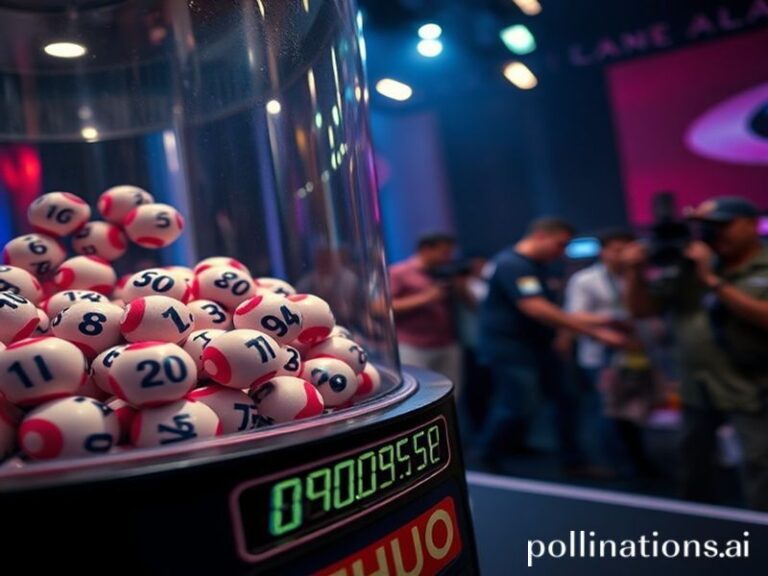Putin’s Playbook: Why the World Can’t Look Away from Russia’s Political Drama
# **Putin’s Playbook: Why the World Can’t Look Away from Russia’s Political Drama**
In the grand theater of global politics, few figures command as much attention—or meme-worthy material—as Russian President Vladimir Putin. Whether it’s his icy stares, mysterious absences, or the latest geopolitical chess move, “Russia Putin” has become a trending topic that dominates headlines, social media feeds, and even late-night comedy monologues. But why is the world so obsessed with this man and his machinations? Let’s break it down.
### **The Man, The Myth, The Meme**
Putin’s rise to power in the late 1990s coincided with Russia’s post-Soviet identity crisis, and he quickly became a symbol of stability in a chaotic time. Over the years, his leadership has been marked by a mix of authoritarianism, geopolitical maneuvering, and a penchant for dramatic photo ops—whether it’s riding a horse shirtless or diving in the Black Sea. These moments have made him a meme magnet, with internet users turning his stoic expressions and action-hero antics into viral content.
But beyond the memes, Putin’s actions have real-world consequences. From annexing Crimea to interfering in foreign elections, his policies have reshaped global politics and sparked debates about democracy, sovereignty, and the future of international relations. The world watches because Putin’s decisions ripple across borders, affecting everything from energy prices to cybersecurity.
### **Cultural Context: The Strongman Archetype**
Putin embodies the “strongman” archetype—a leader who projects power, often through a mix of military might, propaganda, and a carefully curated public image. This isn’t just a Russian phenomenon; strongmen have appeared throughout history, from historical figures like Julius Caesar to modern leaders like Turkey’s Recep Tayyip Erdoğan. What makes Putin unique is his ability to blend traditional authoritarian tactics with modern media savvy.
His government controls much of the Russian media landscape, ensuring a narrative that portrays him as a defender of national pride and sovereignty. Meanwhile, his opponents—both at home and abroad—are often framed as threats to Russia’s stability. This duality makes him a fascinating subject for analysis, as he straddles the line between traditional autocrat and 21st-century influencer.
### **Social Impact: A Divided World**
Putin’s actions have polarized global opinion. On one hand, he’s seen as a defender of national sovereignty, standing up to Western hegemony. On the other, he’s viewed as an authoritarian leader who suppresses dissent and undermines democratic institutions. This divide is evident in social media, where hashtags like #Putin and #Russia trend alongside debates about his policies.
The social impact extends beyond politics. Putin’s government has been accused of using cyber warfare, disinformation campaigns, and even assassination attempts to silence critics. These tactics have raised concerns about the erosion of democratic norms and the vulnerability of open societies to foreign interference. The world watches because the stakes are high—not just for Russia, but for the future of global democracy.
### **Why It Matters: The Global Chessboard**
Putin’s influence isn’t confined to Russia. His actions have reshaped alliances, sparked conflicts, and forced other world leaders to adapt. The ongoing war in Ukraine, for example, has drawn global attention and sparked debates about NATO’s role, energy security, and the future of European stability. Meanwhile, his relationships with leaders like China’s Xi Jinping and North Korea’s Kim Jong-un highlight the shifting power dynamics in international relations.
For internet culture, Putin’s antics provide endless fodder for satire and commentary. From “Putin’s Kitchen” memes to debates about his alleged health issues, the online world is both entertained and unsettled by his presence. But beneath the humor lies a serious question: How does the world respond to a leader who operates outside the traditional rules of diplomacy?
### **Conclusion: The Show Must Go On**
Whether you love him, hate him, or can’t stop laughing at his memes, Putin’s impact on global politics is undeniable. His blend of old-school authoritarianism and modern media manipulation ensures that he remains a trending topic, sparking debates, memes, and late-night jokes. As the world watches, one thing is clear: Putin’s playbook is far from over, and the global audience is hooked.

